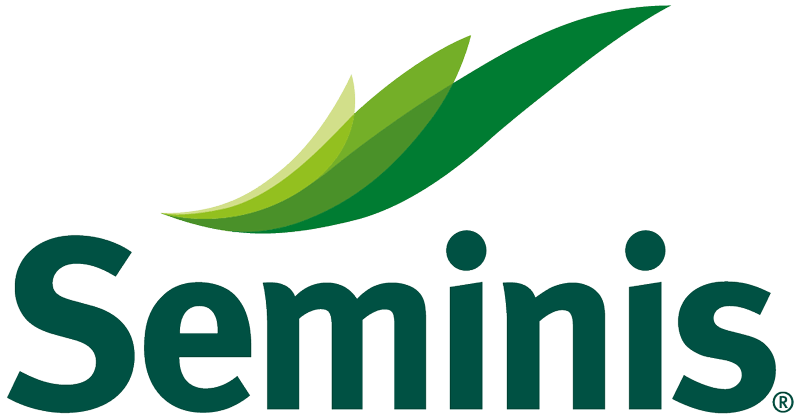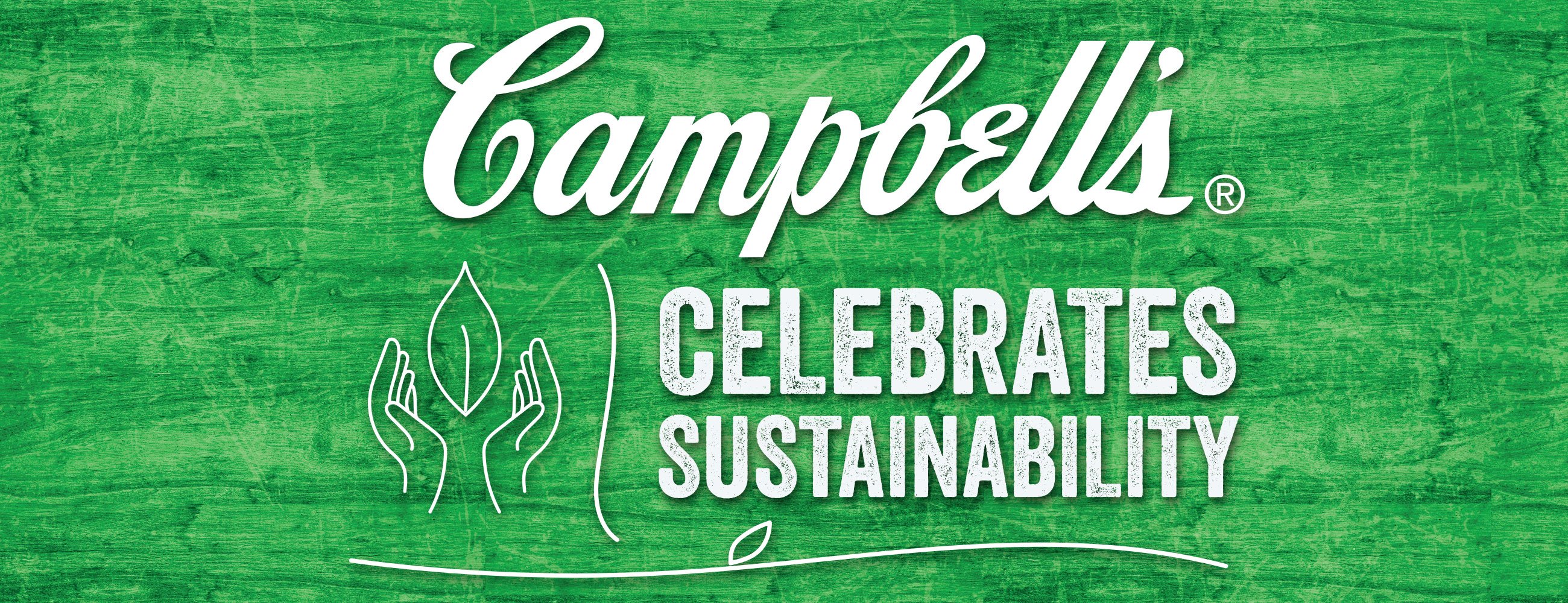
Sustainability
At Campbell it is our mission to deliver on the promise of ‘Real Food that Matters for Life’s Moments’ through food that is ethically and sustainably grown, sourced, produced and shared. We promote ethical and sustainable practices in key supply chains, like tomato.
Every year, Campbell works closely with farmers and seed companies to select the best tomato varieties for our products. We choose varieties that are naturally resistant to plant diseases and thus require fewer pesticides. The tomatoes we choose are similar to the plum types of tomatoes used traditionally for cooking and preserving, much like the well-known Roma variety.
Reducing waste is important to us at Campbell and we ensure every part of the tomato is used and nothing is wasted. For example, leftover tomato skins and seeds are dried and used as animal feed.
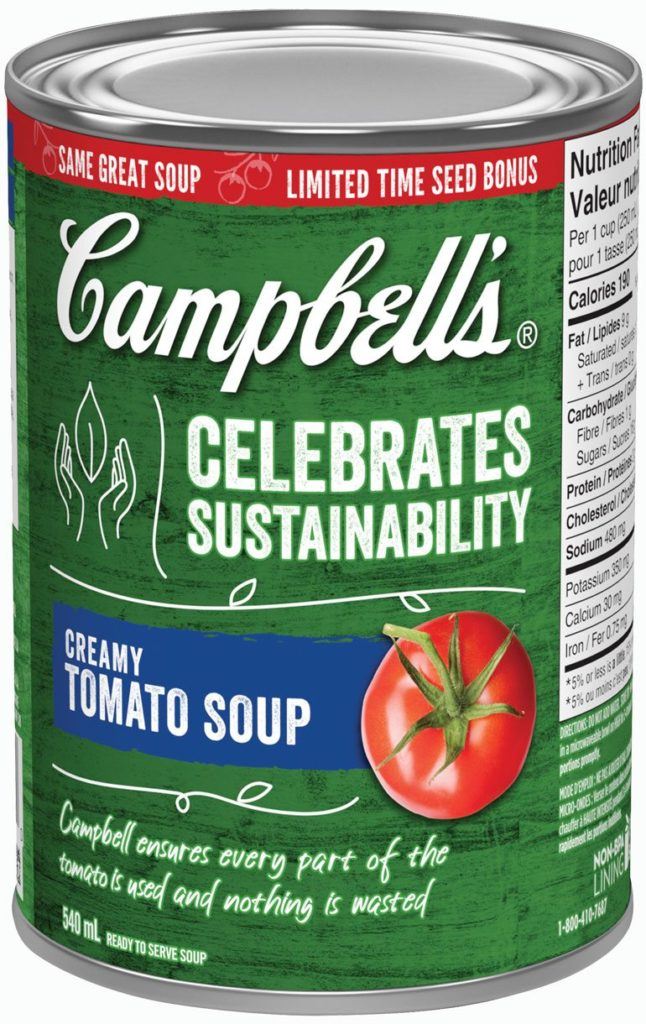
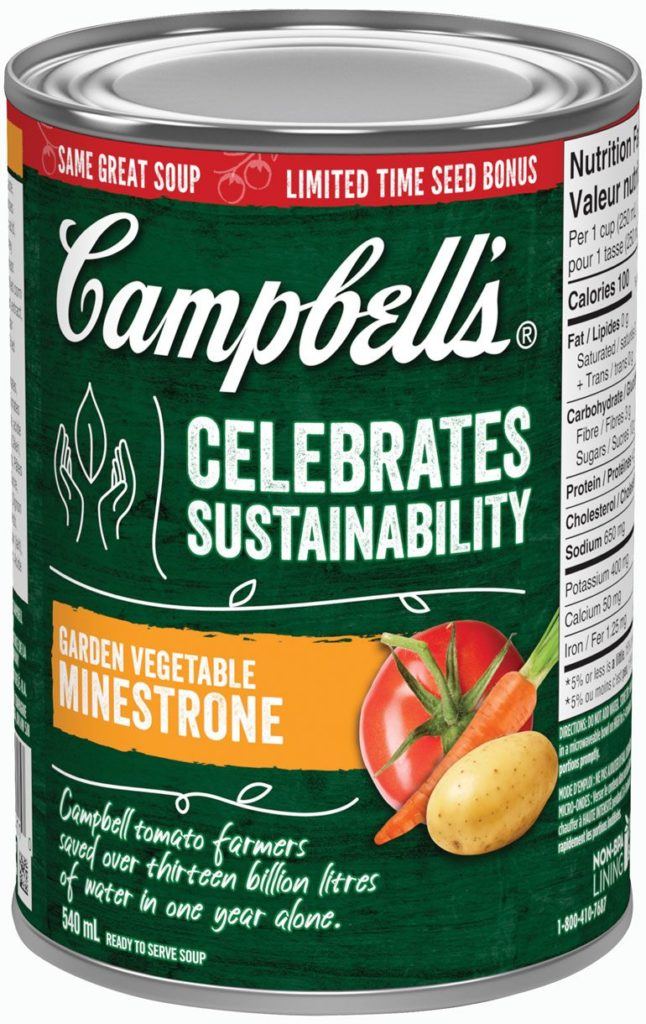
In the fields, farmers increasingly adopt drip irrigation, which helps save water, and regularly test soil samples to optimize fertilizer use. For years, we have worked with growers to embed sustainability into field management and use data to inform best practices. In fact, Campbell tomato farmers saved 15.5 Billion liters of water in one year alone.
Campbell’s wants consumers to share in our journey to a more sustainable world! That’s why we’ve introduced this limited time offering with our Campbell’s Creamy Tomato and Garden Vegetable Minestrone products. Each specially packaged can comes with a tomato seed coaster that you can plant on your own this spring. Have a look at our planting instructions video and join us on our journey for a more sustainable world.
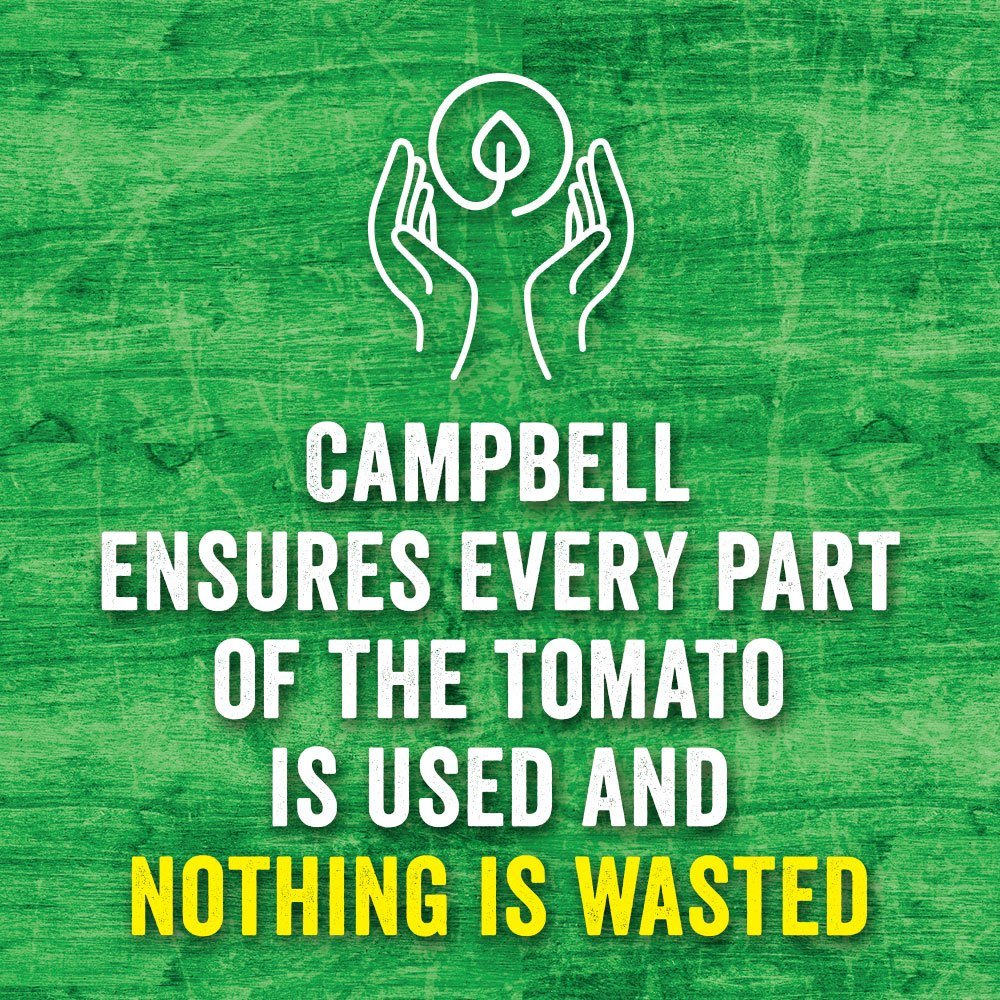
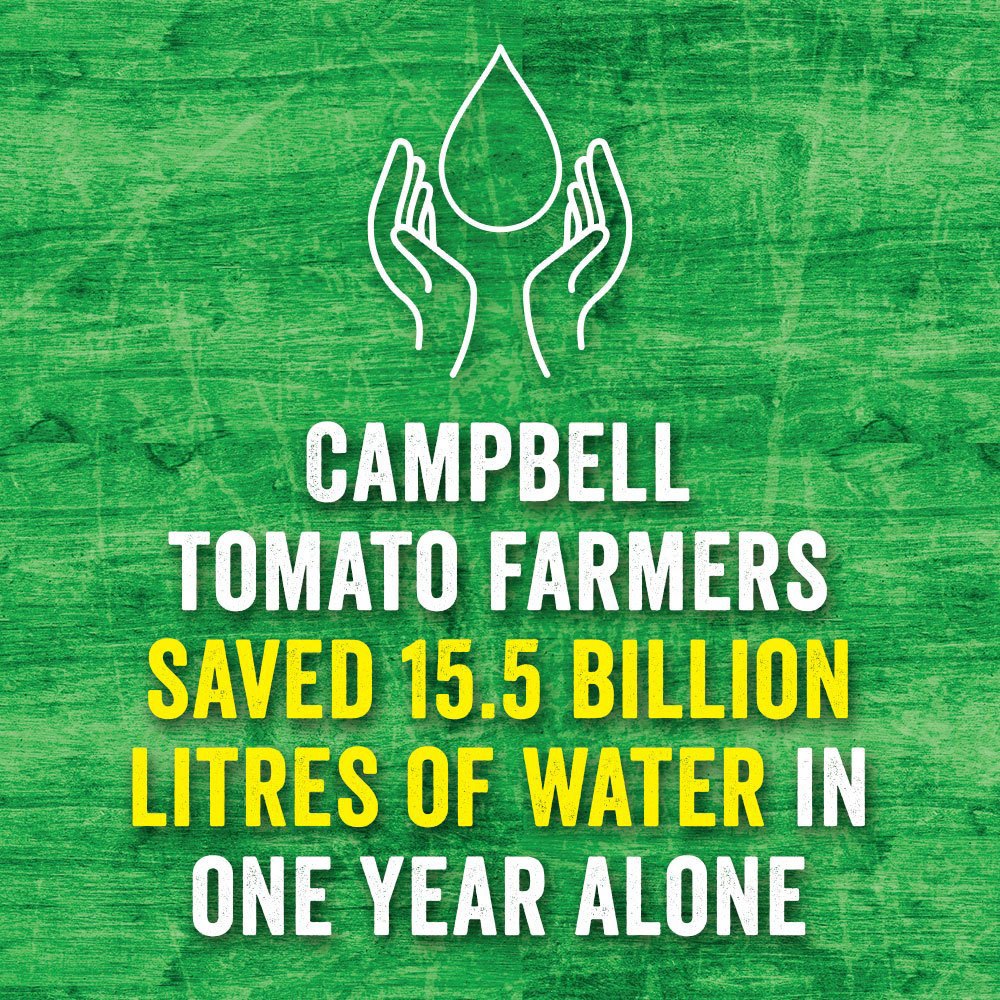
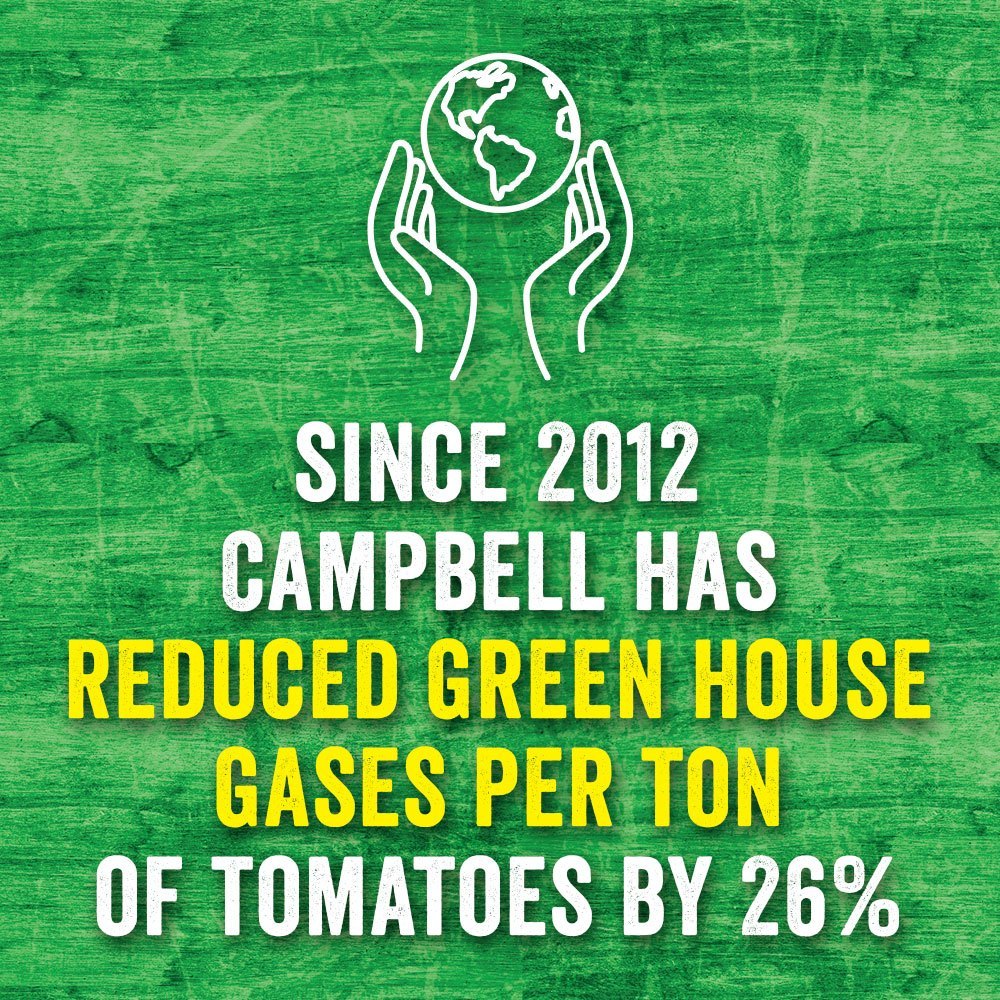
Planting Instructions
The Journey of a Seed
Seminis® is a key tomato seed partner of Campbell’s, and they supplied the seeds for these limited edition seed coasters.”
Seminis® is committed to providing innovative solutions for every generation to help sustain our growing world. For over 150 years, the Seminis legacy has focused on producing the best vegetable seed varieties for growers to use in farming operations around the world. Together with our growers, we are passionate about bringing high-quality, nutritious produce to ensure a balanced plate for our global community.
But ensuring access to fresh, safe produce around the world presents many challenges – from maintaining shelf life and quality to keeping costs low. Whether fresh, frozen or in a can, processed fruits and vegetables help supply the competitive retail shelf space while providing nutritious and convenient foods to consumers.
By providing the tools farmers need to grow healthy and nutritious food that can be preserved, we help minimize cost and waste while offering convenient and reliable options. This way, consumers know they can depend on the same quality and safety from their grocery store favourites time and time again.
Seminis is represented by the Seminis® and De Ruiter® seed brands. Seminis is the Vegetable Seeds business of Bayer’s Crop Science division. For more information about Seminis® seed, visitwww.seminis-us.com
Seminis® has a proprietary interest in the seed and reserves all intellectual property rights in the seed. Bayer, Bayer Cross and Seminis® are registered trademarks of Bayer Group. ©2021 Bayer Group. All rights reserved.
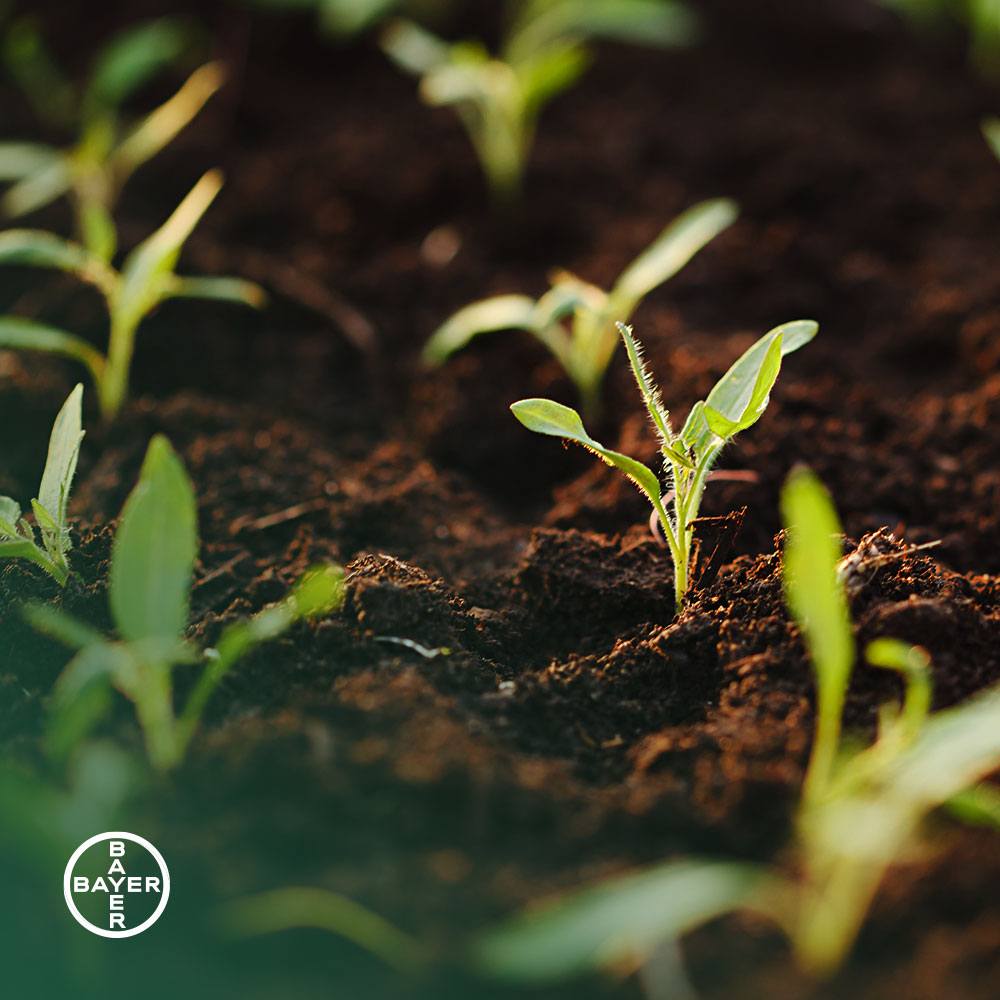
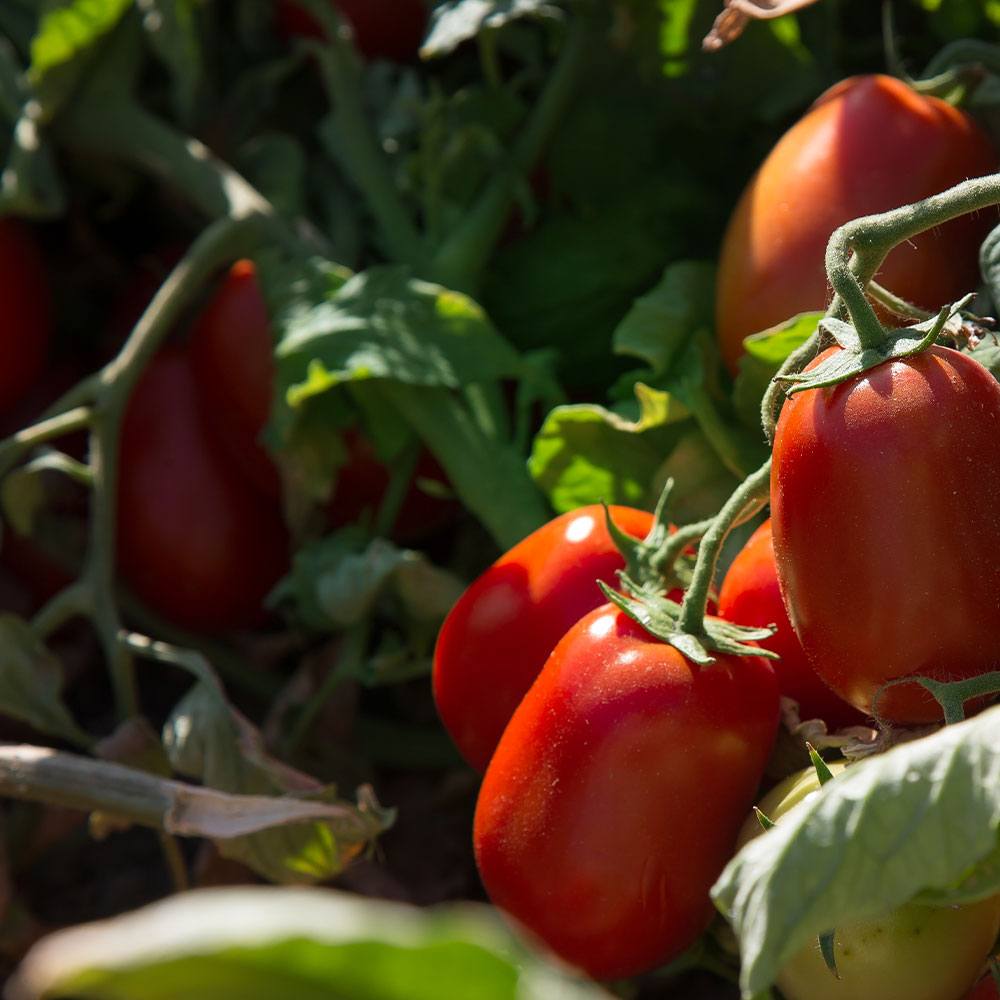
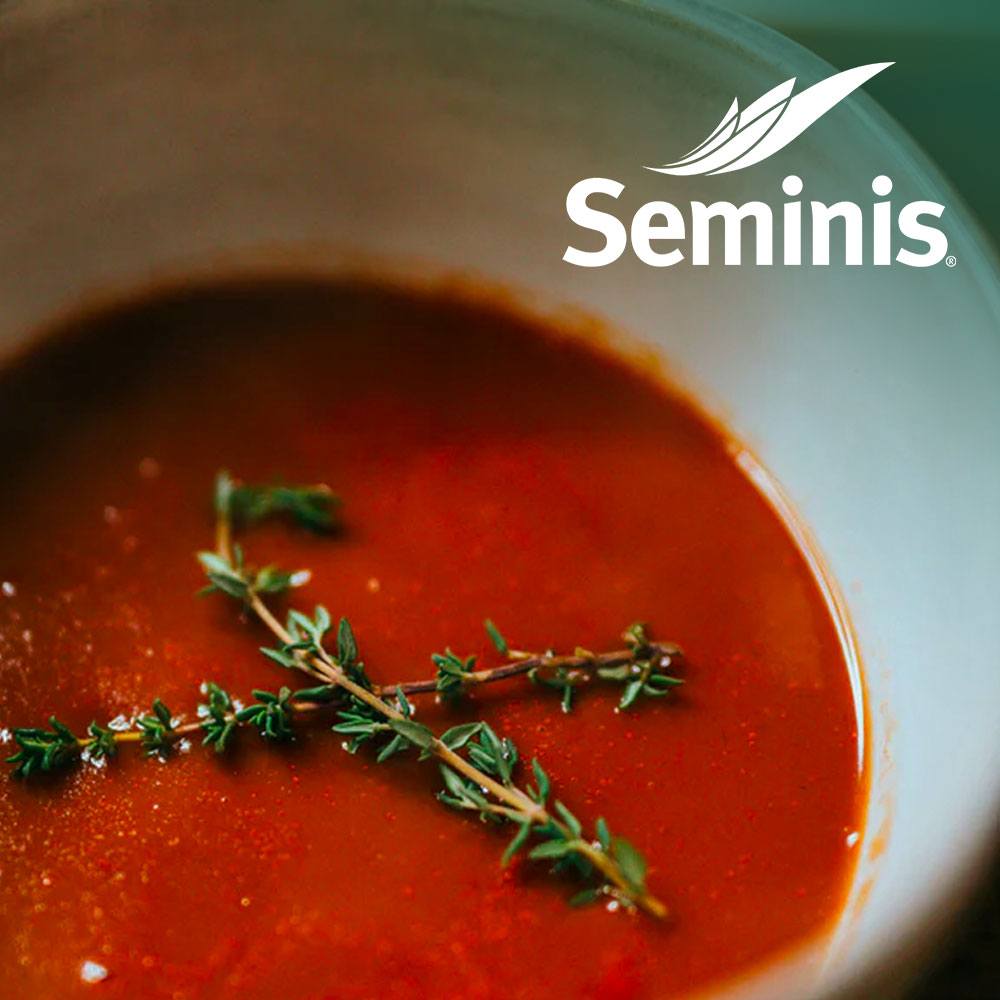
FAQ
Are your tomatoes genetically modified/GMO?
No, as there are no commercially available GMO tomato varieties today. Therefore, Campbell does not use GMO tomatoes.
When should I plant my seed paper coasters?
You should plant after it is reasonably certain there will be no frost overnight, and preferably when nighttime temperatures are at least 10C.
What kind of tomatoes will these seeds grow, are they different from the tomato seeds I buy at the hardware/grocery store every year?
These will grow a plum type of tomato similar to other varieties used in home cooking and preserving. Roma is a well-known plum variety, for example. In this case, the seeds are one of the plum tomato varieties that Campbell has used in our Tomato soup.
How many tomato varieties does Campbell use each year?
Campbell uses 10-15 varieties each year, selected for the best quality for our products and for the best fit for different farm soils and environmental conditions.
How many tomatoes are in a can of Campbell’s Creamy tomato soup?
Campbell uses 6 ½ tomatoes per can of Creamy tomato soup (540 ml)!
What happens to the seed paper after I bury it?
The seed paper is biodegradable and breaks down into the soil naturally
How long before I see my plant start to come up (germination)?
About 7-14 days after planting
How long before I start to see tomatoes on my plant?
Around three months after planting
